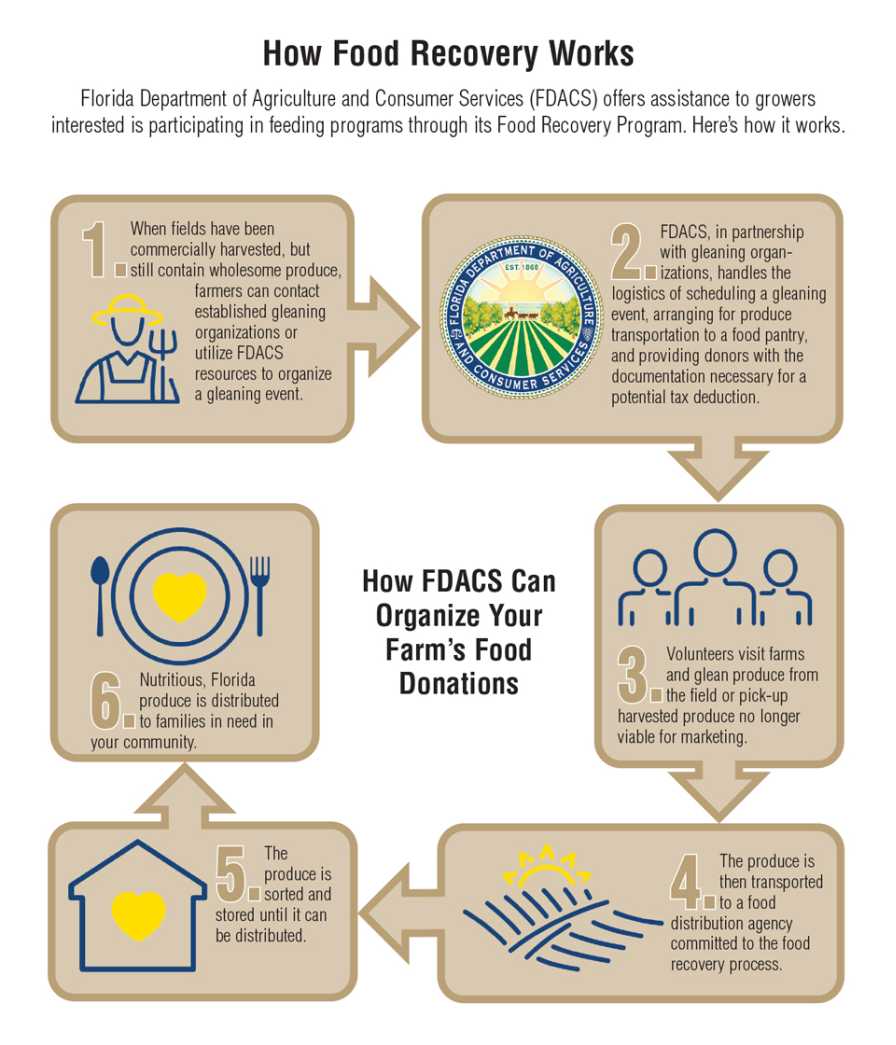What’s Being Done to Help Stop Food Waste in Florida
In the U.S. each year, USDA estimates that up to 40% of the food supply goes uneaten and is wasted. That amounts to more than 100 billion pounds of food. It is a shocking figure, especially considering the number of people in Florida and the rest of the country who struggle with putting food on their tables. In Florida, nearly 3 million people face food insecurity, including 850,000 children.
Connecting the Dots
At the consumer level, food waste occurs for any number of reasons, including spoilage. But, what about produce at the farm level that never makes it to retailers or wholesalers? It is a considerable amount. There are a number of food bank agencies that make an effort to get that food into the hands of those in need.
Recently, the Florida Department of Agriculture and Consumer Services’ Commissioner of Agriculture Nikki Fried toured Delray Beach-based Pero Family Farms to announce legislation aimed at creating a $500,000 grant program to support and promote food recovery efforts between local farms and food banks. The legislation will help promote the agency’s food recovery program to more non-profit organizations across Florida and support the efforts of non-profits to reduce food waste. It will be filed for consideration in the upcoming legislative session. Feeding South Florida also was on hand to support the legislation.

“Florida produces a huge volume and variety of farm-fresh food with more than 300 different commodities,” Fried said during the tour. “Yet so many Floridians struggle with chronic hunger, and too many children don’t know where their next meal will come from. Feeding South Florida is doing its part, distributing 60 million pounds of food to more than 700,000 people a year. Pero Family Farms is doing its part, recovering and donating annually 2 million pounds of produce from its fields. Now, we’re helping other farms and non-profits do their part by asking lawmakers to support $500,000 in grant funding to help promote food recovery efforts.”










